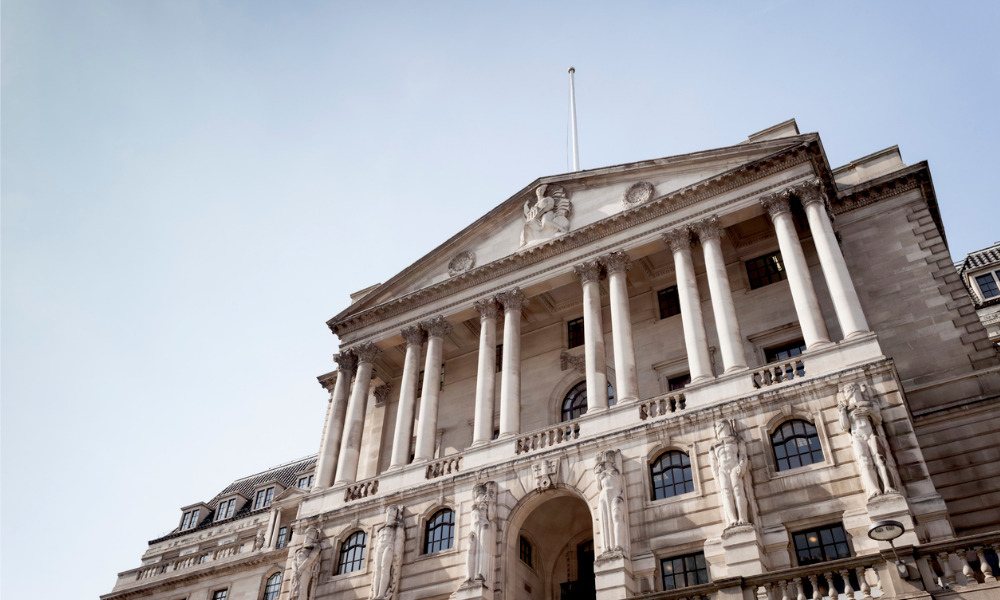Reactions to the central bank's 'emergency action' pour in

Experts from the financial services and property industries concur that the Bank of England “was right” in its decision to buy government bonds to “restore orderly market conditions” and prevent a “material risk to UK financial stability.”
“This was a much-needed intervention in the market,” Samuel Mather-Holgate of Swindon-based advisory firm, Mather & Murray Financial, said. “As soon as the bank announced this, gilt rates dropped half a percent.
“The only other alternative being to jack rates up by up to 2%. This would have crushed homeowners with mortgages. It’s further evidence that the mini budget was a disaster.”
This mini budget of Prime Minister Liz Truss’s government, delivered by finance minister Kwasi Kwarteng last Friday, started a chain of events that triggered the mortgage market chaos this week. The pound hit an all-time low, and a number of lenders pulled their mortgage products from the market.
“Truss and Kwarteng broke the UK gilt market after the mini budget on Friday, with yields soaring and bond prices dropping,” Philip Dragoumis, owner of London-based wealth manager, Thera Wealth Management said. “Government borrowing costs soared following announcements of up to £200 billion of spending and unfunded tax cuts.
“Unfortunately, this was having a knock-on effect in the real world. Mortgage lenders have shut their doors to new borrowers, pension funds are nursing big losses and the Bank of England was right to intervene and become the gilt buyer of last resort. We are in crisis territory right now, and emergency action has to be taken. Borrowing costs have to come down. We hope that the Government will backtrack, but fear it won’t.”
Dominik Lipnicki, director of Your Mortgage Decisions, agreed that the Bank of England’s decision to intervene was the right course of action.
“It does, however, show a level of desperation to stabilise the markets,” Lipnicki remarked. “The fact that the pound sank after the decision underlines that. The Bank of England has also stated that this will be funded from reserves and not from printing new money. The government will find it hard to U-turn but the pressure on them to do so is growing by the day.”
“The UK has officially gone crazy,” Adrian Kidd, chartered wealth manager at Aylesbury-based EQ Financial Planning, commented. “On the international stage, we are now a total joke. The government needs to backtrack, however much pride they have to swallow. If not, I fear for the UK economy.”
The Bank of England decided to purchase long-dated UK government bonds on Wednesday after noting that the repricing of UK and global financial assets has become more significant in the past day.
Read more: Bank of England forced to act suddenly on ‘material risk’ to economy.
“In line with its financial stability objective, the Bank of England stands ready to restore market functioning and reduce any risks from contagion to credit conditions for UK households and businesses,” the central bank stated.
The temporary purchases of long-dated UK government bonds, the bank said, “will be carried out on whatever scale is necessary.” The purchases will be strictly time limited, as they are intended to tackle a specific problem in the long-dated government bond market. Auctions will take place from September 28 until October 14.


